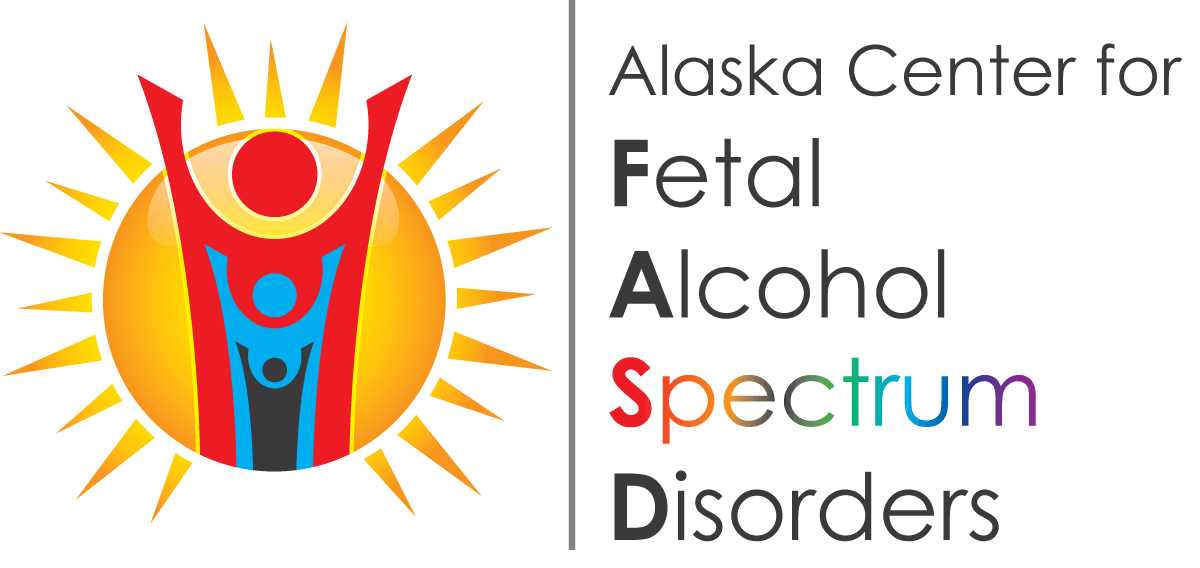Signs & Symptoms
Recognizing FASD Signs and Symptoms
FASD can be difficult to recognize because it can present in many ways. Current estimates indicate that up to 1 in 20 children in U.S. have an FASD. Below are common symptoms associated with FASD. However, these lists do not include all possible symptoms and there can be other reasons for the symptoms.
What You Might See in Newborns and Infants:
- Jitteriness or tremors
- Fitful sleep/wake cycle-difficult to soothe
- Low muscle tone
- Failure to thrive (given adequate opportunity)
- Weak suck or poor feeding
- Irritability
- Hyperexcitability
What You Might See in Preschool Children:
- Tantrums that are much worse than those of typically developing children
- Hyperactivity or impulsivity
- Very distractible especially to environmental noises or visual stimuli
- Language development delays- unable to express themselves as peers do, unable to follow directions, miss common social cues
- Motor/movement delays
- Poor hand-eye coordination and/or balance
- Difficulty with age-appropriate dressing or other fine motor issues
- Learning and memory problems
- Hearing, vision, joint, & oral/dental abnormalities (small jaw, crowded teeth, dental caries) are common
What You Might See in Elementary School Children:
- Distractibility (can be due to sensory issue)
- Inattention (many kids receive an ADHD diagnosis first-but it is not ‘typical’ ADHD)
- Behavioral difficulties in school or at home (often due to “poor environmental match” for their learning and sensory needs)
- General difficulty with:
- Change in routines
- Inflexible approaches to problem solving
- Organizational skills and task completion
- Memory
- Social boundaries
- Around 3rd-4th grade, they may have increased difficulty with:
- Peer relationships (difficulty making and/or keeping friends)
- Abstract ideas (math, time, and money)
- Reading comprehension and writing
If a person has many diagnoses and interventions are not working well, FASD may be a possible explanation.
What You Might See in Adolescents and Adults:
- Functional intelligence (IQ) can vary, but often they cannot consistently use their abilities
- Difficulty with judgment, decision-making, understanding consequences of actions
- Difficulty connecting to same-age peers, understanding verbal or nonverbal cues
- Common ‘adaptive living’ problems:
- School or work failure (often due to “bad environmental match” for their abilities)
- Difficulty with self-direction, money management, and independent living skills
If a person has many diagnoses and interventions are not working well, FASD may be a possible explanation.
If someone you know or love has a history of having had exposure to alcohol during the prenatal time period and you see symptoms such as the ones listed here (and especially if they are not responding to current therapies) consider seeking an FASD Diagnosis evaluation. The knowledge gained through the process can help them understand themselves and access services and supports. Find a team near you.
